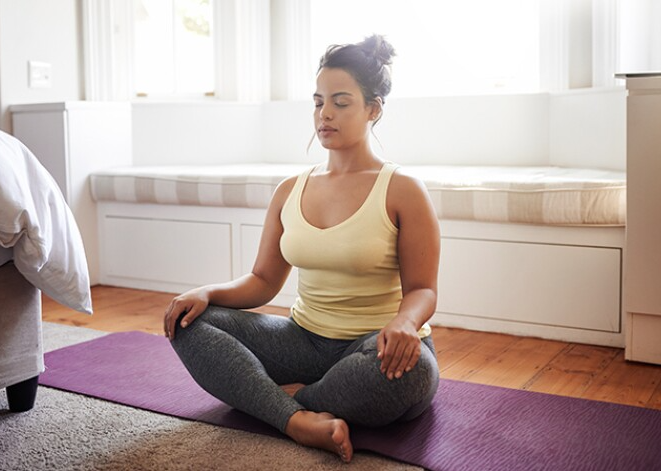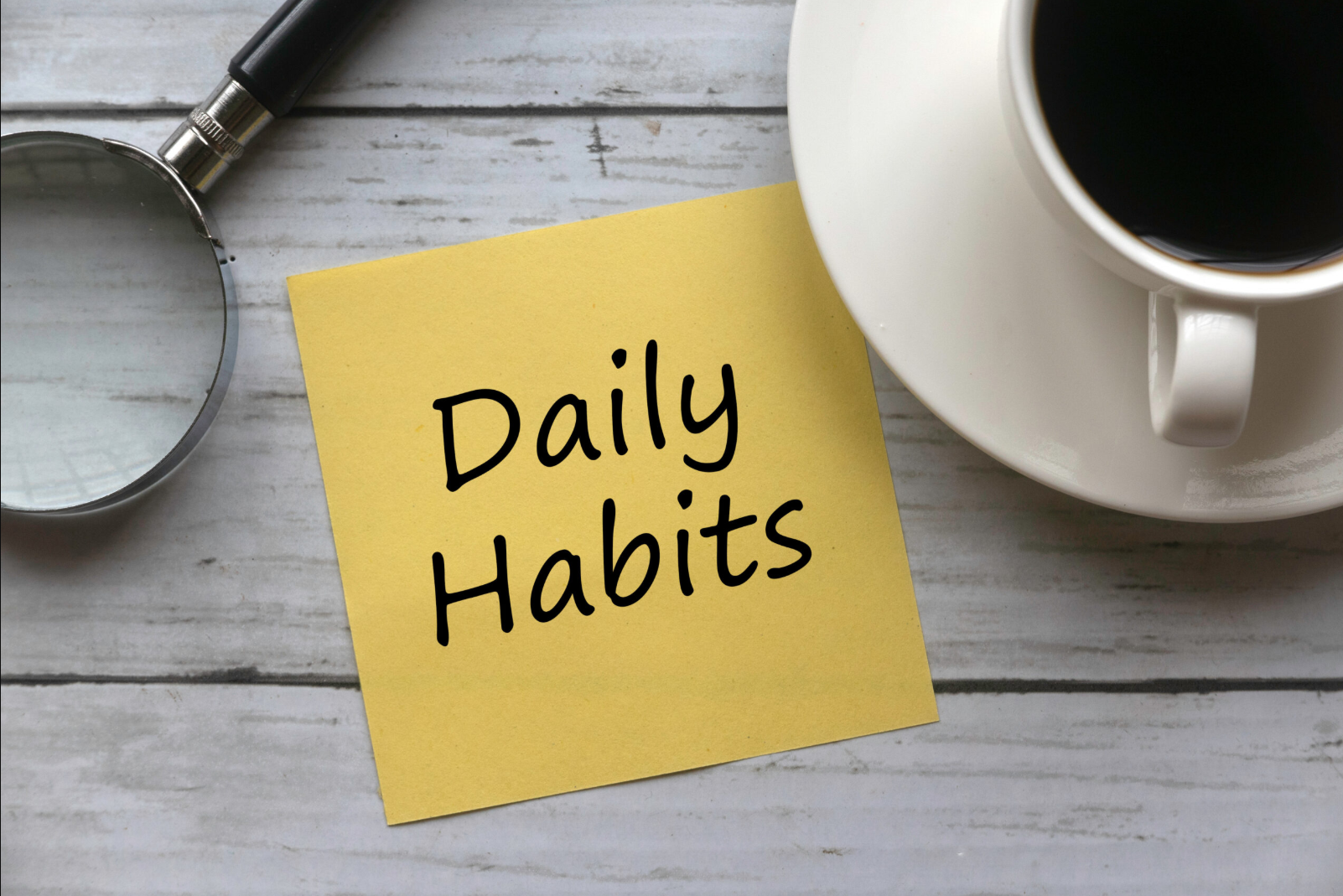The Ultimate Guide to Staying Fit and Healthy at Any Age
The Ultimate Guide to Staying Fit and Healthy at Any Age
Maintaining a fit and healthy lifestyle isn’t limited to a specific age group. Whether you’re in your 20s or 70s, it’s never too early—or too late—to start taking care of your body and mind. The secret lies in building sustainable habits that adapt to your age and lifestyle.
In this ultimate guide, we’ll explore age-appropriate tips, routines, and mindset shifts that can help you stay fit, strong, and mentally sharp at any stage of life.
Why Fitness and Health Matter at Every Age
Your body changes with time, but that doesn’t mean you have to lose strength, flexibility, or vitality. Staying fit helps you:
- Maintain a healthy weight
- Reduce the risk of chronic diseases
- Improve energy levels
- Enhance mental clarity
- Strengthen bones and muscles
- Boost mood and emotional well-being
The earlier you adopt healthy habits, the better. But even starting in your 50s or 60s can lead to impressive improvements.
Your 20s: Build the Foundation
Your 20s are the perfect time to set the stage for long-term health. Your body is resilient and capable of recovery, making it an ideal time to establish fitness routines and smart eating habits.
Fitness Focus:
- Strength Training: Start building muscle mass now—it supports your metabolism and helps prevent fat gain as you age.
- Cardio Workouts: Aim for at least 150 minutes per week. Running, cycling, and swimming are all excellent.
- Flexibility: Don’t ignore stretching or yoga to avoid injuries and improve mobility.
Health Habits:
- Eat balanced meals with whole foods.
- Limit alcohol and avoid smoking.
- Sleep 7–9 hours per night.
- Schedule annual health check-ups.
Your 30s: Maintain and Fine-Tune
In your 30s, responsibilities like work and family life may increase, but don’t let that sideline your health. This decade is when metabolism starts to slow, so staying active becomes even more essential.
Fitness Focus:
- Compound Movements: Focus on full-body exercises like squats, deadlifts, and pushups.
- High-Intensity Interval Training (HIIT): Great for burning fat and saving time.
- Mobility Work: Add foam rolling or dynamic stretching to your routine.
Health Habits:
- Keep stress in check with meditation or breathing exercises.
- Plan meals ahead to avoid unhealthy snacking.
- Stay consistent with physical activity, even if workouts are shorter.
Your 40s: Prioritize Strength and Hormonal Balance
By the time you reach your 40s, hormone levels begin to shift—especially for women—and muscle mass starts to decline. This is the decade to focus on strength, stress management, and joint care.
Fitness Focus:
- Weight Training: Crucial to prevent muscle loss and support bone density.
- Low-Impact Cardio: Swimming, walking, and cycling are easier on the joints.
- Core and Balance Work: Improve stability and prevent injuries.
Health Habits:
- Cut down on processed foods and added sugars.
- Get routine screenings (cholesterol, blood pressure, blood sugar).
- Prioritize sleep and recovery.
Your 50s: Stay Active, Stay Strong
In your 50s, staying active is critical for maintaining independence, energy, and heart health. Regular movement helps manage weight, blood pressure, and mobility.
Fitness Focus:
- Functional Exercises: Focus on movements that support daily activities (e.g., squats, lunges, reaching).
- Stretching & Flexibility: Dedicate time daily to prevent stiffness.
- Group Activities: Join walking clubs, dance classes, or group fitness to stay motivated.
Health Habits:
- Increase calcium and vitamin D for bone health.
- Focus on portion control and hydration.
- Don’t ignore aches and pains—listen to your body.
Your 60s and Beyond: Move for Mobility and Mental Health
Staying active in your 60s and beyond is essential for maintaining quality of life. Fitness at this age is about mobility, balance, and mental well-being.
Fitness Focus:
- Gentle Strength Training: Use resistance bands or light weights to keep muscles strong.
- Balance Exercises: Prevent falls with simple moves like single-leg stands or Tai Chi.
- Daily Movement: Aim for light physical activity like walking, gardening, or stretching.
Health Habits:
- Eat nutrient-dense foods with a focus on fiber and protein.
- Stay socially connected to boost mental health.
- Keep up with regular health screenings and doctor visits.
Tips That Work at Any Age
No matter how old you are, these universal health and fitness principles apply:
1. Stay Consistent
Results come from what you do regularly—not occasionally. Create a realistic routine that fits your life.
2. Listen to Your Body
Push yourself, but know your limits. Rest when needed and seek medical advice for pain or discomfort.
3. Focus on Nutrition
Fuel your body with:
- Lean proteins (chicken, tofu, legumes)
- Whole grains (quinoa, oats)
- Healthy fats (avocado, olive oil)
- Colorful fruits and vegetables
4. Hydrate
Dehydration can cause fatigue, headaches, and poor performance. Aim for 6–8 glasses of water daily.
5. Cultivate a Healthy Mindset
Fitness is a lifelong journey. Avoid comparing yourself to others and celebrate every win, no matter how small.
6. Get Regular Check-Ups
Preventative care helps catch issues early. Stay current with eye exams, dental visits, blood pressure checks, and other screenings.
Conclusion: You’re Never Too Young or Too Old to Get Fit
Staying fit and healthy is not a one-size-fits-all approach. Your fitness needs and priorities will evolve as you age, but the core goal remains the same: live a strong, vibrant, and active life. By adopting age-appropriate habits and listening to your body, you can build a lifestyle that supports your health well into your golden years.
No matter where you are on your journey—start today. Your future self will thank you.










